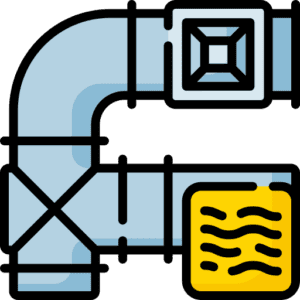CSCS Refrigeration Mock Test
CSCS Refrigeration Mock Test – Prepare for Safe and Skilled Work in Cooling Systems
What is the CSCS Refrigeration Test?
The CSCS Refrigeration Specialist Test is part of the Health, Safety and Environment (HS&E) testing scheme aimed at workers involved in installing, maintaining, and repairing refrigeration systems. This test ensures you understand the health and safety practices relevant to refrigeration work in construction and industrial settings.
Why Take a Refrigeration Mock Test?
The CSCS Refrigeration Mock Test helps you to:
Practise with realistic test questions
Assess your understanding of site safety and refrigeration-specific hazards
Gain confidence for the actual CSCS test
Identify areas that need improvement before the exam
What Topics Are Covered?
The mock test includes both general safety questions and topics specific to refrigeration work, such as:
Safe handling and use of refrigerants
Understanding pressure systems and leak testing
Electrical safety when working on refrigeration units
Manual handling and working in confined spaces
PPE requirements and safe use of tools
Emergency procedures for refrigerant exposure
Environmental responsibilities, including F-gas regulations
Who Should Take This Test?
This mock test is suitable for:
Refrigeration engineers and technicians
HVAC operatives working with cooling systems
Apprentices in mechanical services
Site managers supervising refrigeration installations
Key Benefits:
Improve your knowledge of refrigeration safety standards
Get familiar with the format of the CSCS test
Prepare for your CSCS card application
Reduce test-day anxiety with hands-on practice
Get started with the CSCS Refrigeration Mock Test to reinforce your knowledge, boost your confidence, and ensure you’re prepared for working safely in the refrigeration sector.














